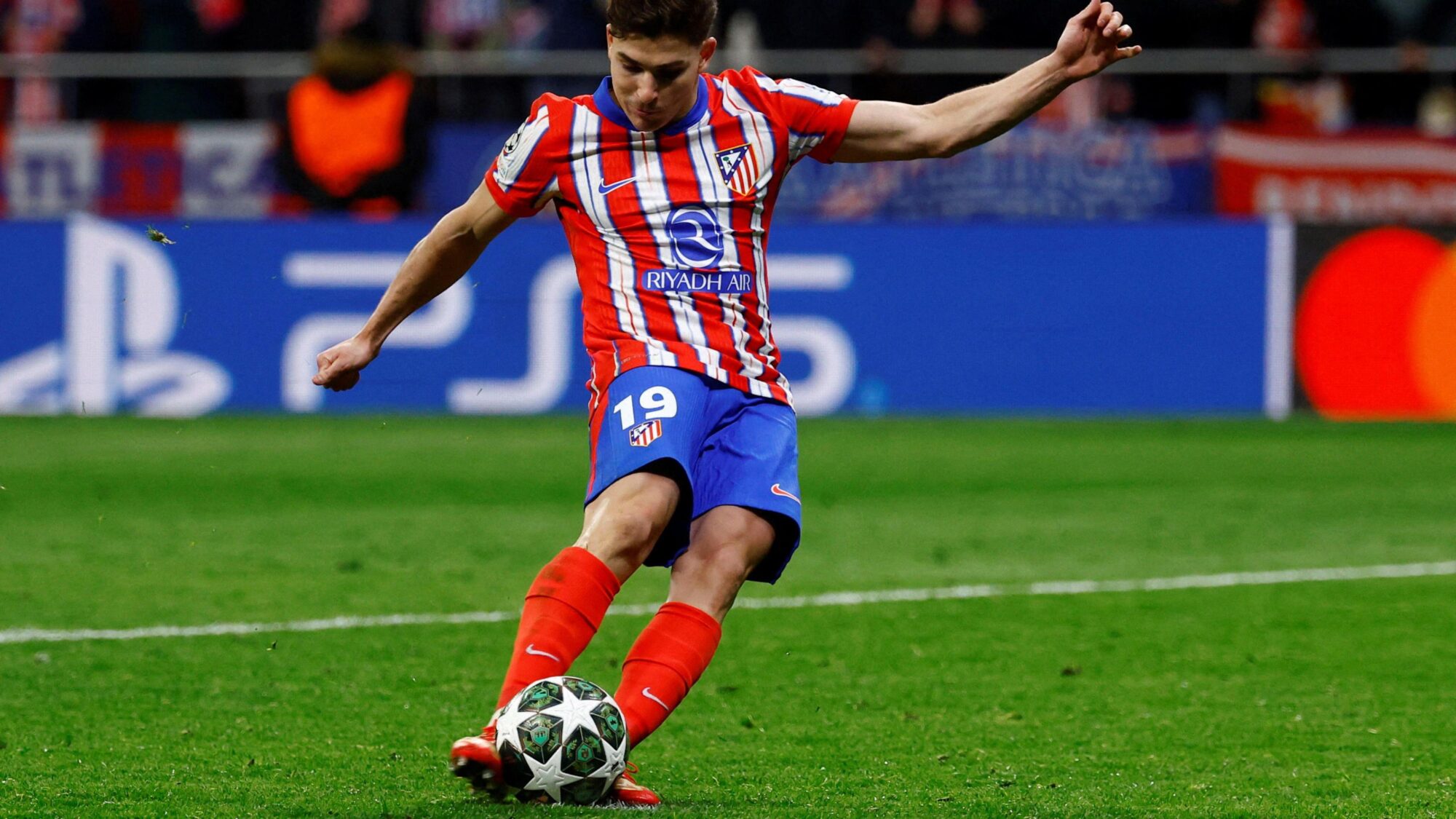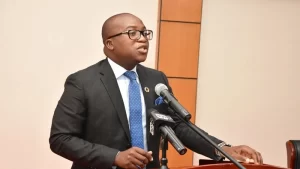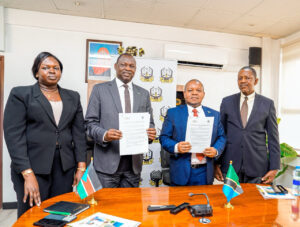Football’s lawmakers International Football Association Board (IFAB) have confirmed a change following Julian Alvarez’s “double touch” penalty being disallowed in Atletico Madrid’s shootout defeat to Real in the Champions League
By a Correspondent
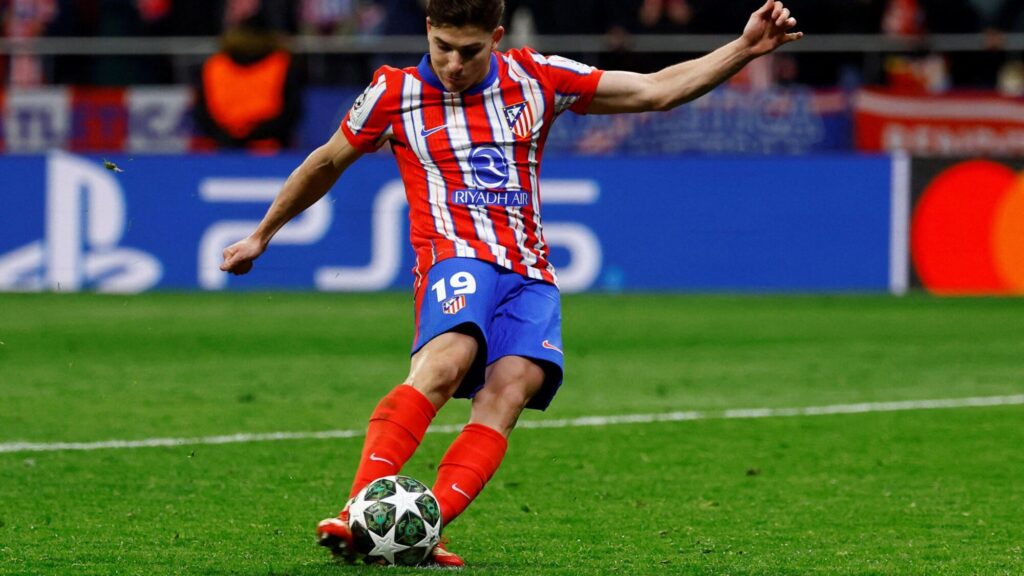
The “double touch” penalty rules have been changed after the controversy that engulfed Julian Alvarez’s disallowed kick in Atletico Madrid’s Champions League knockout defeat to neighbours Real.
Former Man City star Alvarez had his attempt from 12 yards ruled out after appearing to accidentally touch the ball twice. Thousands of Atletico fans had celebrated the goal and the scoreboard inside the Wanda Metropolitano showed that the shootout was level at 2-2.
However, after Real stars protested referee Szymon Marciniak made the decision to rule out the goal following a VAR review before Real subsequently progressed to the quarter-finals, where they were outclassed by Arsenal.
Atletico, via La Liga, had submitted a complaint about the rule following their round of 16 exit. And from now on such slips will see kicks retaken after the game’s lawmakers IFAB confirmed a change.
England teammate as Ange Postecoglou replacement
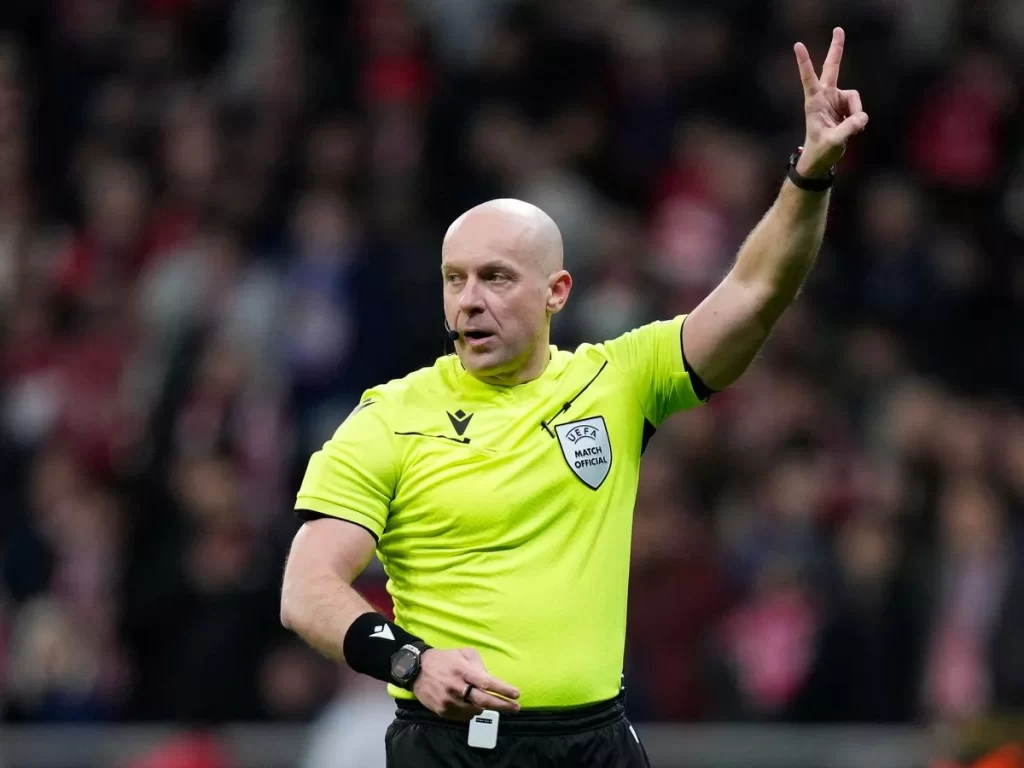
Article 14.1 of the laws of the game which reads: “The kicker must not play the ball again until it has touched another player. The penalty kick is completed when the ball stops moving, goes out of play or the referee stops play for any offence.”
The update published by FIFA-backed rules panel IFAB means the kind of penalty Átletico forward Álvarez had disallowed after scoring in a shootout against Real Madrid in March should now be retaken.
The laws of soccer relating to the penalty kick and penalty shootout were seen as correctly applied in Madrid though too vaguely worded. The incident was widely judged to have been unfair as Álvarez did not deliberately slip and take the double touch to gain an advantage.
“This situation is rare, and as it is not directly covered in Law 14, referees have understandably tended to penalize the kicker,” IFAB said in a statement. “However, this part of Law 14 is primarily intended for situations where the penalty taker deliberately touches the ball a second time before it has touched another player.”
IFAB clarified in a circular letter to soccer stakeholders that a penalty kick which is scored now after an accidental double touch should be retaken.
A double-touch penalty that is not scored will not be retaken. In a shootout, such a penalty “is recorded as missed,” IFAB said, and during regulation time or extra time a free kick can be awarded to the defending team.
The clarified rule also will apply at the Club World Cup which starts on June 14 in the United States. The 32-team lineup includes Atlético. IFAB is comprised of FIFA plus the four British soccer federations. Rules can be changed with six of the eight votes which are distributed by four to FIFA and one each to the British.

